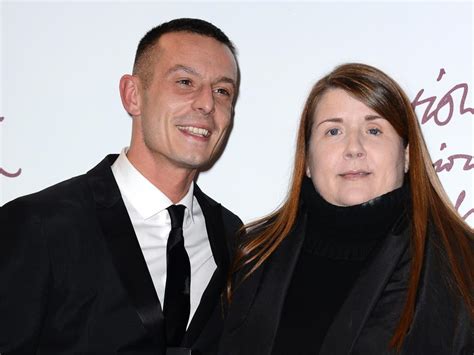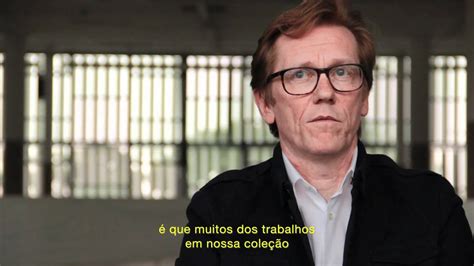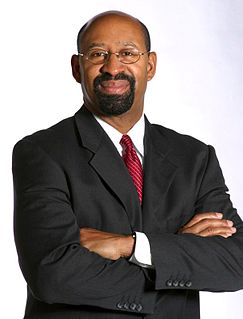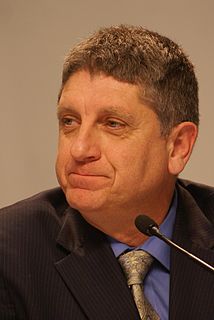A Quote by Mario Vargas Llosa
Journalism is a way of voicing opinion, of participating in the political, social, or cultural debate.
Quote Topics
Related Quotes
The enormous social change involved in a sexual revolution is basically a matter of altered consciousness, the exposure and elimination of social and psychological realities underlying political and cultural structures. We are speaking, then, of a cultural revolution, which, while it must necessarily involve the political and economic reorganization traditionally implied by the term revolution, must go far beyond this as well.
Artists have their existential questions as human beings, and they address these questions in their works. But they are also thinking in a broader sense when they participate in a social and political debate through their works. Often the most important voices of artists in the political and the social debate are focused on originality in their works. We can see this in historical pieces, like "Guernica" by Picasso. "Guernica" was an extremely important manifestation and critique against war, but it was important and powerful because it was also an incredibly original and powerful work of art.
I suspect that many of the great cultural shifts that prepare the way for political change are largely aesthetic. A Buick radiator grille is as much a political statement as a Rolls Royce radiator grille, one enshrining a machine aesthetic driven by a populist optimism, the other enshrining a hierarchical and exclusive social order.
The widespread inability to understand technological artifacts as fabricated entities, as social and cultural phenomena, derives from the fact that in retrospect only those technologies that prove functional for a culture and can be integrated into everyday life are 'left over.' However, the perception of what is functional, successful and useful is itself the product of social and cultural--and last but not least--political and economic processes. Selection processes and abandoned products and product forms are usually not discussed.







































